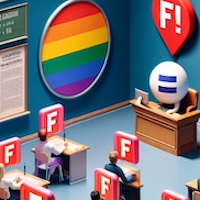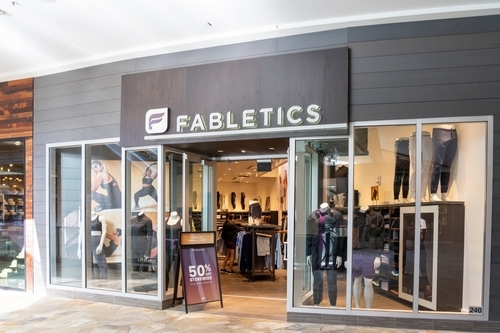
McDonald’s launched an in-game promotion last week designed to make the brand top of mind with players down on the virtual farm.
For one day last Thursday, the quick-serve giant offered players of Zynga’s popular FarmVille social game the chance to “help” McDonald’s tend its online tomato and mustard-seed fields. In return, those hand-raising farm hands received assets that enhanced their game play and the chance to “buy” an asset that would keep the McDonald’s brand visible in their game experience.
Farmville, which has 61 million registered players on Facebook, is Zynga’s most popular game title. In it, players buy virtual seeds to plant their own fields. They can also interact with their virtual “neighbors” by planting and harvesting their nearby fields, earning rewards in the process.
That’s the opportunity that McDonald’s offered FarmVille players last week: to help the company plant the fields of its virtual McFarm, which showed up as a neighboring property to all registered players for one day, from midnight Wednesday until midnight on Thursday.
As their reward for participating, players received a FarmVille McCafe Consumable, a digital “drink” that let players navigate the game faster and perform actions such as tending their crops and feeding animals at double speed. The consumable was a one-time virtual asset; but players who wished could also download a McDonalds’ branded hot air balloon that would float above their Farmville acreage and outlast the 24 hours of the campaign.
“Joining forces with FarmVille is an incredible opportunity for us to engage with millions of players in the most popular social game,” McDonald’s USA director of media Anja Carroll said in a release. “What makes our FarmVille effort unique is that it reinforces important features of the McDonald’s brand while enhancing game play for FarmVille players.”
Agency Appsavvy represented gamemaker Zynga in putting the campaign together with McDonald’s regular agencies OMD and Tribal DDB.
“McDonald’s on FarmVille represents the re-thinking of the delivery and reception of advertising,” Appsavvy co-founder and CEO Chris Cunningham said. “Today it is about understanding the social activity taking place and only then figuring out a way to join relevantly through value-added marketing.”
Research suggests that more than 56 million Americans now play social games online, either over the Web or within social networks such as Facebook. As that number grows, brands are becoming more interesting both in in-game marketing opportunities and in taking part in the sales of virtual goods within those games.
Earlier this year 7-Eleven launched a campaign that offered on-package codes to unlock assets in Zynga games FarmVille, Mafia Wars and YoVille. The convenience retailer also sells game-credit cards specifically for FarmVille as part of its recently added inventory of virtual game merchandise. 7-Eleven also has announced a partnership with an alternative payment start-up, Kwedit, that will let games pay in-store for assets they buy in-game.
And in early September Target announced that it would become the first national general-merchandise retailer to offer Facebook Credits for sale in its stores. Facebook Credit gift cards at Target come in $15, $25 and $50 denominations.
Social game distribution platform Viximo has estimated that the market for virtual goods inside social games hit $2.2 billion globally in 2009 and should exceed $6 billion by 2013.
 Network
Network

